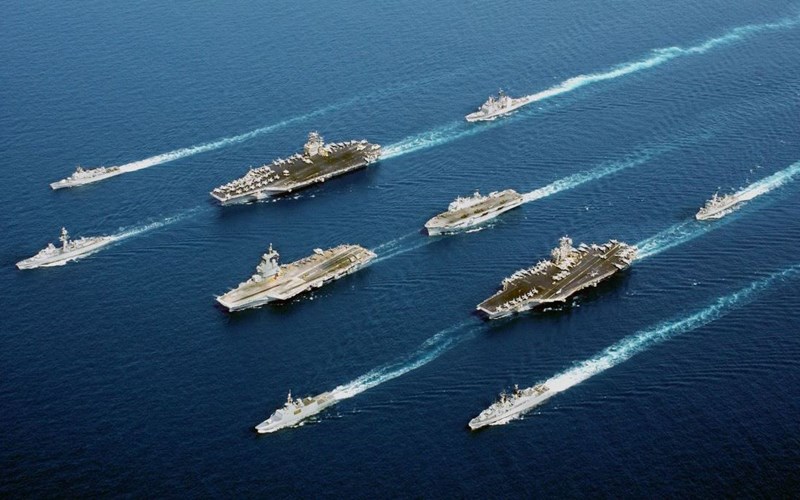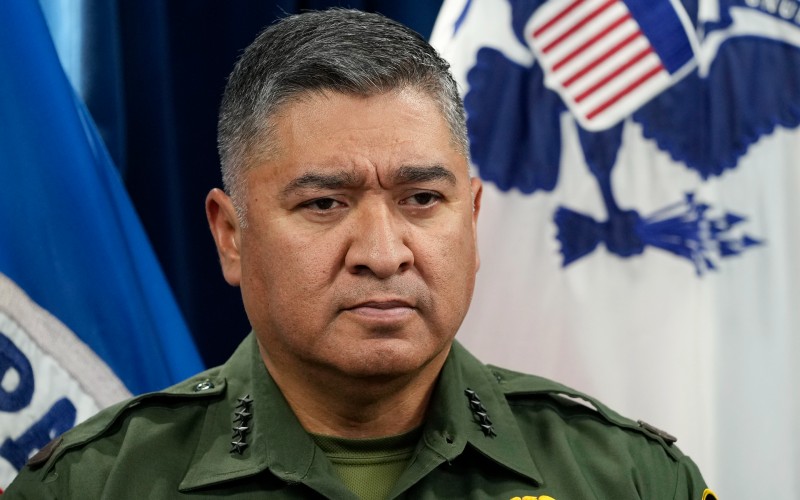In the June 3 incident, a U.S. guided-missile destroyer was intercepted by a People’s Liberation Army Navy warship while transiting the Taiwan Strait. The Chinese ship was only 150 yards from the U.S. warship at one point when it cut across the bow, the U.S. Navy said.
Bob Maginnis, a national security analyst with Family Research Council, tells AFN the Chinese Communist Party believes it owns the international waters of the South China Sea, which includes the island of Taiwan.
“So I'm not the least surprised,” Maginnis shares.
 The Taiwan Strait is a 100-mile stretch between mainland China and the independent island the Chinese Communist Party intends to invade and take over one day.
The Taiwan Strait is a 100-mile stretch between mainland China and the independent island the Chinese Communist Party intends to invade and take over one day.
The freedom for naval and civilian ships to safely pass through international waters is known as “right of passage,” and the U.S. Navy warship and a Canadian warship were transiting the Taiwan Strait in a likely demonstration of that right.
In fact, a Chinese defense minister called the June 3 “freedom of navigation” maneuver a provocation.

China, meanwhile, is infamous for bullying its enemies in the waters off its mainland coast and for claiming ownership of disputed islands in the Pacific, too.
In a similar incident three days earlier, a Chinese fighter jet flew directly into the path of a U.S. reconnaissance plane over the South China Sea.
According to Maginnis, he is concerned about another related topic more than dangerous naval maneuvers: China’s military leaders are refusing to talk to their U.S. counterparts.
Such lines of international communication are routine for top-level military leaders but U.S. military officials have disclosed their Chinese counterparts are refusing to answer the phone. China ignored the U.S. after the fight jet incident May 31.
An open line of communication, Maginnis says, is vital to avoid a deadly confrontation and violent encounter.
“That’s what I'm most concerned about long-term here,” Maginnis advises. “The fact that they aren't willing to talk to us is really very disturbing."
Speaking to reporters in Japan, where he met with military leaders, Defense Secretary Lloyd Austin delivered a similar warning.
"I'm concerned about, at some point, having an incident that could quickly spiral out of control," Austin said.







